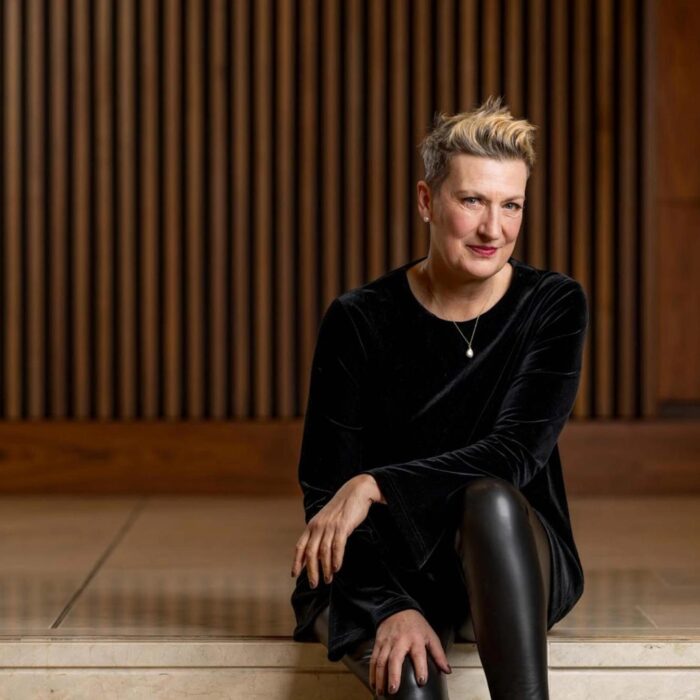
Criticism on Fridays: British Musicians Suffer from the Cost of Living Crisis
Skipping a Meal, Performing Less, and Finding a New Job Is on Today’s Agenda
By Polina LyapustinaA recent survey by Encore shows that over 1 in 4 UK musicians skip meals because of the cost of living crisis.
While the top-tier operatic and classical music from the UK consistently achieves great international success, the well-being of the average and especially emerging artists always seemed quite unstable and problematic.
According to the research of the Musicians’ Union (MU) in the U.K. before the war in Ukraine started, classical musicians—including those holding full-time jobs as ensemble musicians—on average earn under $30,000. According to another MU study, more than 40 percent of musicians in the earliest years of their career (five years or less of professional experience) have taken unpaid work; 17 percent of those with 11 to 20 years of experience have also worked for free.
In such economic circumstances, having suffered substantial losses as a result of the pandemic and Brexit, musicians face a new—national—cost of living crisis.
The cost of living increased sharply across the UK during 2021 and 2022. The annual rate of inflation reached 11.1% in October 2022, a 41-year high, before finally easing to 10.1% in January 2023.
Although freelance musicians could never be called socially and economically protected groups, the global crisis over the last three years critically increased their vulnerability to any instability.
“A recent survey of 301 musicians revealed that 26% of professional musicians have skipped a meal due to the cost of living crisis. This is almost double the national average figure of 14% skipping meals reported by a recent TUC survey, suggesting musicians are struggling with rising food costs more than most,” the Encore survey stated.
“The Encore study also revealed that 51% of musicians have taken a second job to supplement their income as a result of the cost of living crisis.”
The travel limitations caused by Brexit literally locked most young musicians inside the country, but now, with the significant increase in fuel prices, Encore’s survey data shows that 79% of musicians reported they would be reducing how far they travel for work this year.
It really narrows the industry down, without easy international access and not being able to travel over their own country, the UK opera industry will presumably be kind and gracious only to those who could get it to the ensemble of the theatre. But we all know that at certain career stages, freelance gives the best opportunity for artistic development, and for the young artists to nest at a lovely company is simply impossible.
The new Budget presented this Wednesday by Jeremy Hunt confirmed the extension of the higher tax relief for the theatres by two years.
The Royal Opera House immediately reacted on Twitter, stating, “We are hugely grateful for the vital support announced by the Government in today’s Budget, maintaining the higher rate of Theatre.
“Tax Relief until 2025. These measures recognize that investment in culture equals an investment in economic growth and job creation, helping to present a confident UK to the world: a UK to visit, invest in, and which has immense cultural influence around the world.”
It’s true—the extension allows ROH, among many other cultural institutions, to accumulate more funds to maintain and revive lost ground especially on the international level and with international performers.
Unfortunately, the cultural investments of the current budget does little to affect young performers and freelancers in general. For them, we should consider analyzing the common part of the budget dedicated to tax and benefits.
There is a rather sad statistic we can see if we read Miles Brignal’s analysis on how Hunt’s measures on tax and benefits will affect different social groups. In short, at the moment, you’d better be single and have a high income to benefit from the new budget.
The only problem is that most opera singers will not fit into this status. I also cannot say that this classification gives much freedom to choose and to decide on (especially young people’s) lives.
But, after being deprived of gaining international careers, many young professionals started to consider a family as another important step in their personal development along with their careers. In reply, like the rise in the cost of living is not enough, the new budget and its benefits clearly suggest that young people stay single and concentrate on work.
What should those who still hope and try more than actually receive any serious promotions do with their lives? Along with talent and hard work, the operatic career requires a lot of hope, dreams, and self-belief. It helps when you skip your meal, you know?
Arianna Firth, an operatic soprano from London, shared her concern:
“I will have to leave the industry. Ten years of training, a passion that is burning in me to perform and communicate. I need to get a job that pays well, so I’m able to keep a roof over my head. I want children, and at the moment, it is just not possible. If so many of us with so much passion and talent leave the industry, where will the world get their music, entertainment, and theatre from?”
Unfortunately, the UK of today seems to become a place where ambitions are not that important, and creativity should grow out of your practical abilities (including your personal budget and how far you can drive) rather than from your hopes and dreams. A place where you rather go and work, if you’re lucky enough to get a place at the company. If not, you go and work more. And so they do.


